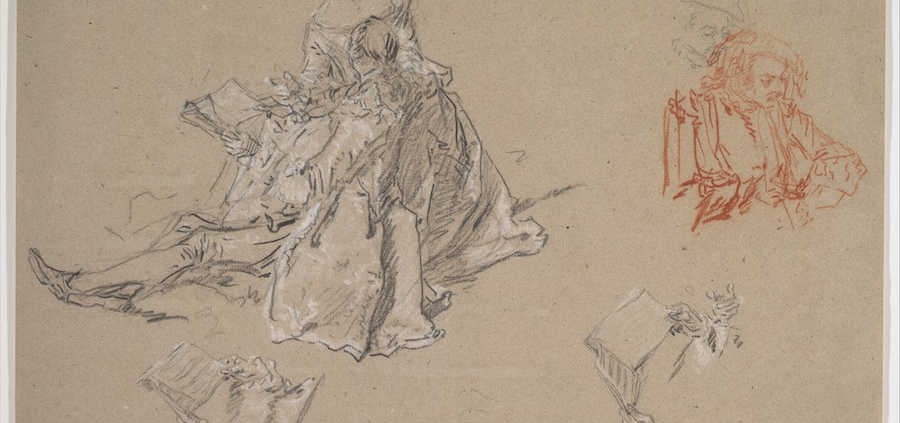On Beauty by Wally Swist
The following essay originally appeared in On Beauty, a collection of essays originally published by Adelaide Books in 2018—Ed.
Beauty is relative—however, it is also abundant and perennial. One type of beauty may diminish and morph into a deeper philosophical truth. Beauty can take the guise of morality and define the outer reaches of what it means to be fully human—to grow into that.
The film Amour, directed by Michael Haneke, which was made in 2012 and won the Palme d’Or, is, ostensibly, all about beauty and what is beautiful about life, as well as what are intrinsic elements of living that may be seen as being opposite to beauty. The film’s characters are a husband and a wife, two former music teachers, in their twilight weeks and days. Jean-Louis Trintignant is Georges and Emmanuelle Riva is Anne. They are retired. They are cultured. They read, go to concerts, enjoy each other’s conversation, and still love each other—for the most part. Anne once shocks Georges by saying, as wives often enough stun their husbands by their appraisals of their characters, “You’re a monster sometimes.” However, she clarifies that declarative sentence by adding: “But very kind.” That is beautiful.
After a lifetime of marriage to each other, Anne suffers two strokes and Georges cares for her throughout her decline. He bathes her, feeds her, exercises the leg on the side she can no longer feel, practices speech therapy with her. Many men, or wives, for that matter, would never have the wherewithal or the courage to brave such lengths—of true amour. Georges may be guilty of being a monster, in Anne’s experience, but he is the precipitant in furthering the spark of beauty between them. The drama may seem very French, something Camus or Sartre would have taken delight in, with both Georges and Anne seeing the end of their lives in plain sight; however, instead of being grim, they rise above the end of life, in uncommon transcendence. In their amour, and its tacit veracity—there are several touching scenes regarding Georges’s physical care for Anne, which are truly heartrending in their depth of humanity and active loving—the viewer is offered the essence of what love is and what having an affair is not. Hence, the irony in the film’s title. In today’s world where greed, sex, and narcissism are common, the beauty of Georges and Anne is exemplary as not only a moral and cultural pedagogy without pedantry but, quite aesthetically and humanely, one act of beauty after another. Through another’s lens this might be seen as hardship and turmoil, unimaginable spousal duty and death in life.
At the film’s end, without giving anything away, Georges is clipping the flower heads from a bunch of daisies he has just purchased at the florist. He fills the kitchen sink and scissors the flowers into the water, then throws away the stems. These are meant for his Anne. Often we need to practice the art of discernment in order to see clearly. Sometimes we need to ruin the flowered stalk to create a ritual for celebration. As Anne says, in one scene, over dinner with Georges, while looking through photograph albums, “It’s beautiful.” Georges responds, “What?” Anne answers, “Life. So long.”
That is what constitutes perennial beauty and remains beautiful. If we allow ourselves to discover the epiphany in the commonplace in our lives, we realize, to our astonishment, that all along, through every disappointment and affliction, we can say, “it’s beautiful.”
Wally Swist’s recent books include The Map of Eternity (Shanti Arts, 2018), Singing for Nothing: Selected Nonfiction as Literary Memoir (The Operating System, 2018), and On Beauty: Essays, Reviews, Fiction, and Plays (Adelaide Books, 2018). His book A Bird Who Seems to Know Me: Poems Regarding Birds & Nature was the winner of the 2018 Ex Ophidia Press Poetry Prize and published in 2019. Forthcoming books include Evanescence: Selected and New Poems (2019) and The Bees of the Invisible (2020), also from Shanti Arts of Brunswick, Maine.





Leave a Reply
Want to join the discussion?Feel free to contribute!